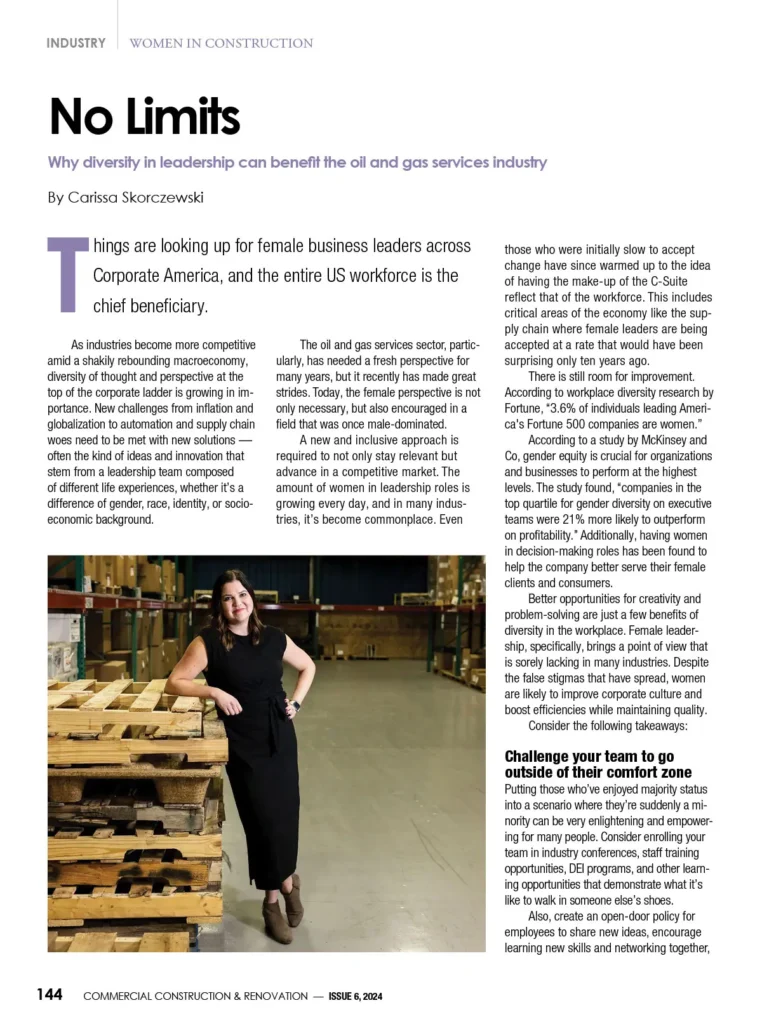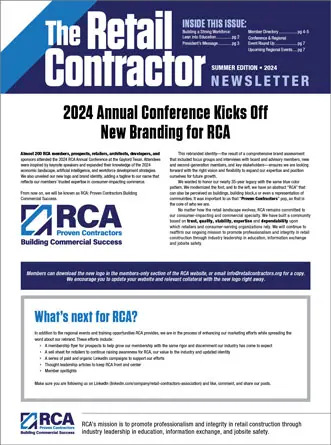New South Wales made more than 2500 dwelling approvals in January 2023. Although the figures indicate a decline in construction activity from the previous month, it is evidence that the building and construction industry is vibrant.
Interestingly, the Sydney metro accounts for most of the dwelling approvals (for private and non-residential buildings), meaning that the demand for specialists like roofers is high in the metro and surrounding areas.
Roofers are responsible for the transformation of the metro area’s skyline. They materialize architectural designs that without them, would have remained nothing but pencil marks on sheets of paper. While the profession is exciting and rewarding, it requires hard work and a knack for problem-solving. In addition, prospective roofers must have a unique combination of skills and knowledge.
This article takes a closer look at what it takes to become a qualified roofer. It highlights the requisite personal qualities and the apprenticeship process. So, buckle up and join us on this exciting journey!
What You Need to Become a Roofer
1. Specific Personal Qualities
As with any other profession where those who succeed exhibit specific competencies, successful roofers must have the following skills:
Be in good physical health and have a sound mind.
Roofing is physically demanding. You’ll often be lifting heavy equipment and building materials, which may be impossible if you’re not physically fit. Also, a sound mind is necessary because you may face problems that require on-the-feet thinking without room for error.
Be a problem solver.
While the ability to handle emergencies and think on your feet is essential, it is also important to be a good planner. You should be able to take a problem and think it through systematically to arrive at a solution. Sharp attention to detail is an asset.
Be able to communicate clearly.
Roofing requires good communication skills as you will be dealing with a team and clients. For example, suppose you are a local roofer in Sydney with a contract to deliver a roof for a private home in Croydon. You understand the craft, including the specifications in the architectural drawings and the required materials. However, you cannot explain to the client details like the type of beams to use on the roof. If the client buys low-quality beams incompatible with the roofing sheets, the project may stall, and the client may sue you for breaking the contract. Had you the ability to deliver the information clearly, the mistake wouldn’t be there, and the contract would have run successfully.
Have a positive attitude.
You must have this quality to thrive in any construction business. Roofing is demanding (physically and mentally). Thus, it is critical to maintaining a positive mindset to overcome any obstacles that come your way. With this quality, you can build productive relationships with clients and colleagues, leading to more job opportunities.
2. Second, Get Certified!
Roofing is a profession, and this implies that you will need to pass specific tests to satisfy the public that you are qualified to do what you claim to be able to do. In greater Australia, you can demonstrate your qualification with two certifications.
Firstly, you need to acquire Certificate 3 in roof plumbing – some programs are more specific, such as Certificate III in roofing tiling. Successful completion of the roof tiling course will give you the practical skills necessary to install roof tiles anywhere in the country.
Secondly, obtain a White Card. Also called the Construction Induction Card or the CIC, the card is mandatory for anyone who wants to work on a construction site. It indicates that the holder is a qualified construction worker with the necessary knowledge, such as general construction safety, and the awareness of hazards and safety procedures associated with working in the construction industry.
You can acquire a CIC card by following these steps:
- Complete an accredited construction safety training course.
- Receive your White Card upon completion of the course.
- Renew your card every five years by completing a refresher course.
3. Undertake Apprenticeship Training
With the necessary qualifications secured, you have one more step to go before fully qualifying to become a professional roofer. You must undertake informal training in a real-world scenario to demonstrate your expertise.
Apprenticeship training is the chance to build your resume with practical skills. Typically, a local roofing installer will guide and teach you the skills required for a successful roofing job. You’ll also get the opportunity to apply the theories learned in the certification course.
Congratulations, you can now call yourself a professional roofer! However, you do not have time to rest on your laurels because the best roofers are always learning. You will not learn anything if you do not find a job.










 The 2024 virtual Men’s Round Table will be held Q4, 2024, date TBD.
The 2024 virtual Men’s Round Table will be held Q4, 2024, date TBD.












